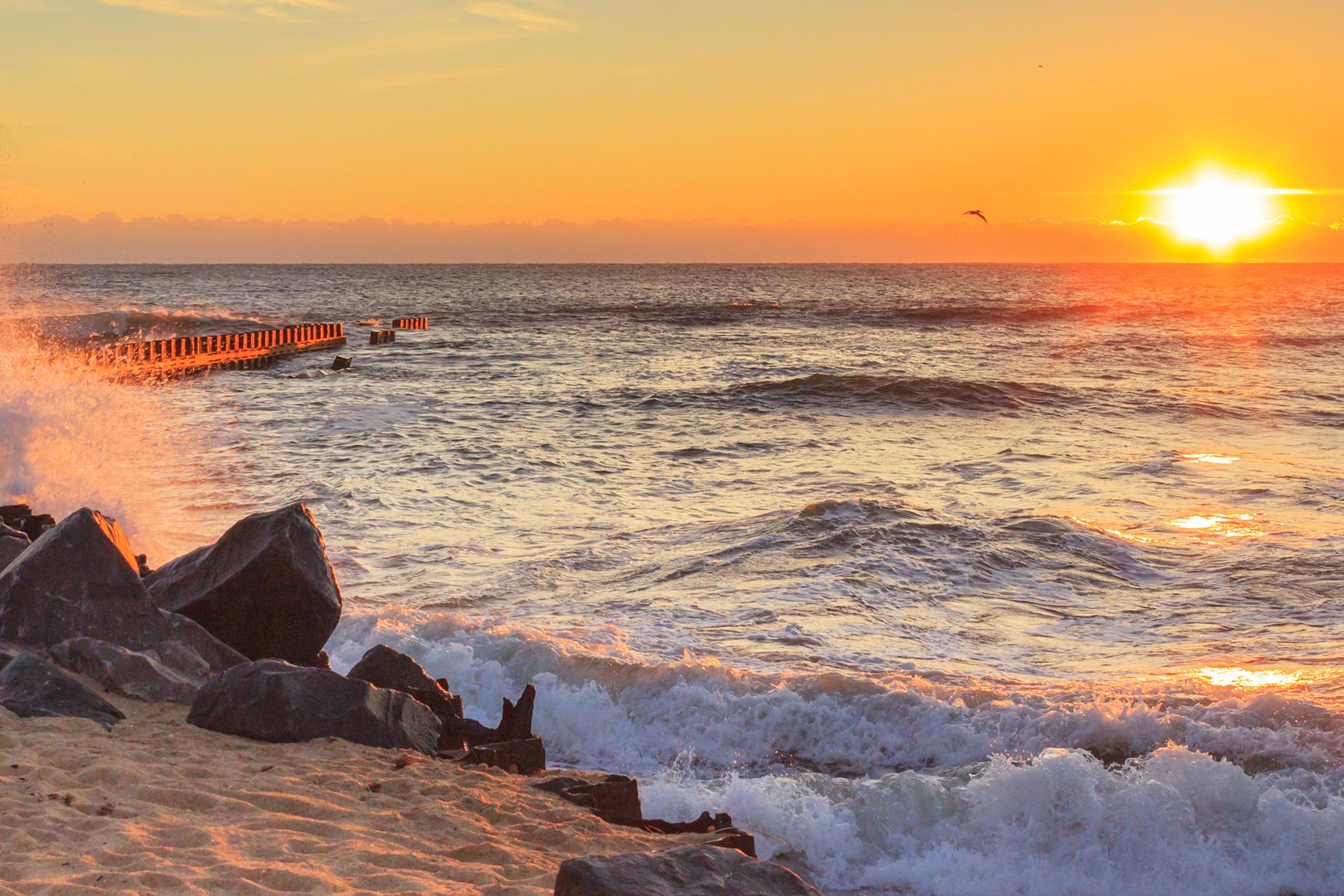Although scientists are some distance from an answer about the die-off, whale expert Calambokidis wonders if fluctuations inside the meals supply due to worldwide warming have an oversized impact on the whales because their populace has extended. So many gray whales are losing a life on America West Coast that scientists and volunteers managing the putrid carcasses have a pressing request for coastal residents: Lend us your private beaches so those ocean giants can rot in peace. The number of dead whales washing ashore in Washington kingdom on my own 29 as of this week approach almost each remoted public beach has been used.
Authorities are scrambling to discover far-off stretches of sand privately owned, with owners who don’t mind hosting a rotting creature; it’s larger than a school bus and has a stench to suit its size. “The desired choice is, at all times, that they just are allowed to decompose certainly,” said John Calambokidis, a research biologist with the Olympia, Washington-primarily based Cascadia Research. “But it receives tougher to locate locations where they can rot without creating a hassle. This is a brand new wrinkle, Calambokidis added.
At least eighty-one grey whale corpses have washed ashore in California, Oregon, Washington, and Alaska for January 1. If tallies from Mexico and Canada are introduced, the variety of stranded grey whales reaches approximately one hundred sixty and counting, said Michael Milstein, spokesman for NOAA Fisheries.
US scientists remaining month declared the die-off an “uncommon mortality occasion,” a designation that brought about extra assets to respond to the deaths and launch research. The first private-seashore proprietors to respond, a Washington state couple, obtained their carcass earlier this month.

Volunteers with the so-called “stranding community,” a coalition of nonprofits, studies establishments, and authorities corporations? Connected a rope to the dead whale’s tail and used a motorboat to tow it three miles (four.8 kilometers) alongside the coast to the couple’s seaside, wherein they anchored it to tree stumps. Mario Rivera and his veterinarian wife, Stefanie Worwag, asked their neighbor’s permission first and used copious amounts of lime to speed decomposition and decrease the stench. They go to the carcass daily and recall it as a scientific opportunity.
“It’s decomposing properly. There’ve been multiple days this week once I changed into obtainable mowing, and I was like, ‘Ooooh,'” Rivera stated of odor from the forty-foot (12-meter) grownup male whale sitting 150 yards (137 meters) from his house. “But it’s the handiest transient. It’s only going to be smelling for approximately a month, and after that, the smell’s gone”. Since the Port Townsend, Washington, couple welcomed the carcass, 15 greater private people have signed on to do the equal, primarily in far off regions across the Salish Sea in far northwest Washington kingdom, Milstein said.
The range of useless whales located in Washington nation this 12 months had already handed the tally for 2000 when the closing giant die-off of gray whales happened at the West Coast. In Oregon, five useless gray whales have been documented as of this week, greater than in all of ultimate yr. California has visible 37, and ten have come ashore in Alaska. Experts estimate the washed-up whales represent simply 10 in step with cent of the full range of the useless, with the rest sinking into the sea unnoticed by way of human beings. In past years, the general public of stranded whales had been left to rot in the region after necropsies were achieved. A few had been buried, hauled to a landfill, or sunk at sea.
Officials have learned how no longer to dispose of whale carcasses from experience, including a 1970 attempt to blow up a lifeless sperm whale with dynamite in Oregon. The blast despatched chunks of burning, rotting blubber-dropping rain on spectators, and numerous motors in a nearby automobile parking space have been crushed with the aid of blobs of putrid flesh. Now, it’s about “getting people to step up and say, ‘Yeah, we can take those animals and have them on our beach,'” said Betsy Carlson, the citizen science coordinator for the Port Townsend Marine Science Center. “There’s such sadness in them just washing up at the shores and seeing those massive, majestic animals there.”











